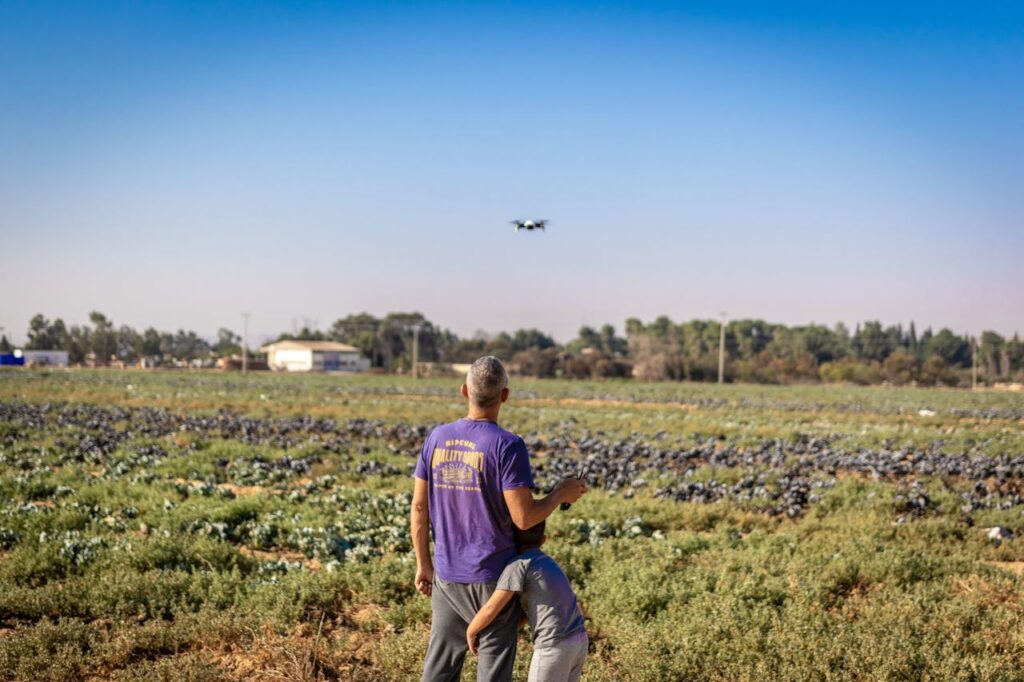Farmer Producer Organizations (FPOs) are collectives that empower farmers by enabling them to pool resources, negotiate better prices, and access markets more effectively. In India, FPOs have become a crucial tool for enhancing the economic viability of small and marginal farmers.
Concept and Structure of FPOs

FPOs are legally registered entities formed by a group of farmers. They operate as cooperatives or companies, focusing on improving the collective bargaining power of their members. The key activities of FPOs include:
Aggregation of Produce: Pooling farm produce for bulk marketing and better price realization.
Input Supply: Facilitating access to quality seeds, fertilizers, and other inputs at reduced costs.
Market Linkage: Connecting farmers directly to markets and buyers, reducing reliance on intermediaries.
Value Addition: Engaging in processing and packaging to enhance product value.
Significance of FPOs

Economies of Scale: By aggregating produce, FPOs help reduce per-unit costs, making operations more economically viable.
Access to Credit: FPOs can secure loans and financial assistance more easily than individual farmers.
Risk Mitigation: Collective farming and marketing reduce individual risks related to market fluctuations and crop failures.
Empowerment: FPOs enhance the decision-making power of farmers, enabling them to negotiate better terms and conditions.
Key Initiatives and Support for FPOs

Central Sector Scheme on Promotion and Formation of FPOs: Launched by the Government of India, this scheme aims to create and promote 10,000 FPOs by providing financial assistance, training, and capacity building.
Small Farmers’ Agribusiness Consortium (SFAC): SFAC supports FPOs through equity grants, credit guarantees, and linking them with agribusiness companies.
NABARD Support: The National Bank for Agriculture and Rural Development (NABARD) plays a crucial role in promoting FPOs by providing financial and technical assistance.
State-Level Initiatives: Various states have their own programs to support FPO formation and development, focusing on region-specific agricultural needs.
Challenges Faced by FPOs

Lack of Awareness: Many farmers are unaware of the benefits and functioning of FPOs, leading to low participation.
Limited Market Access: Despite collective efforts, accessing lucrative markets remains a challenge due to infrastructural and logistical constraints.
Capacity Building: FPOs often require training in management, marketing, and financial skills to operate effectively.
Regulatory Hurdles: Navigating the regulatory framework can be complex for newly formed FPOs, hindering their growth.
Impact of FPOs on Indian Agriculture

Improved Incomes: By facilitating better market access and reducing input costs, FPOs significantly enhance farmers’ incomes.
Sustainable Farming: FPOs promote sustainable practices by facilitating access to eco-friendly inputs and technologies.
Rural Development: FPOs contribute to the development of rural areas by creating employment opportunities and enhancing the local economy.
Future Prospects
The future of FPOs in India is promising, with increasing recognition of their role in transforming agriculture. Continued support from the government, financial institutions, and private players is crucial for their growth. Innovations in technology and marketing can further enhance the effectiveness of FPOs, making them a cornerstone of India’s agricultural development.

Conclusion
FPOs are pivotal in empowering Indian farmers, improving their market access, and enhancing their livelihoods. By overcoming challenges and leveraging available support, FPOs can significantly contribute to a more sustainable and prosperous agricultural sector in India. Their continued growth and success will be key to achieving inclusive rural development and food security in the country.